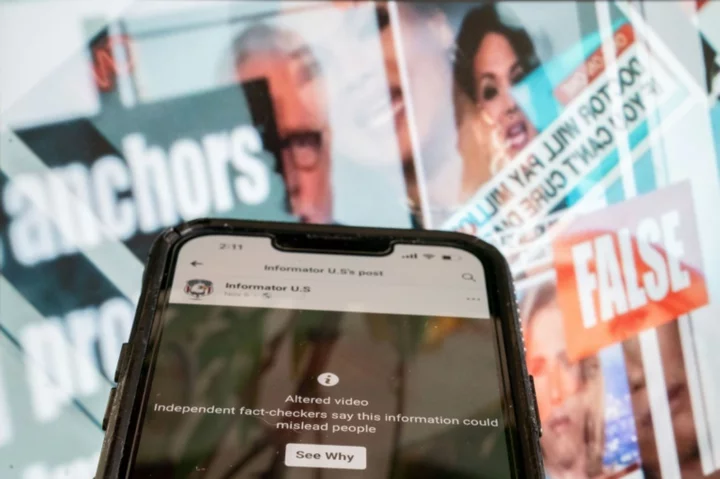The UK’s data protection regulator is to review period and fertility tracking apps over concerns around the data security of such platforms.
The Information Commissioner’s Office (ICO) said the review was in response to figures it had obtained from its own research, which found that more than half of women using these apps had concerns over how their data was being used.
The data protection watchdog’s research showed a third of women have used apps to track their periods or fertility, and more than half of those who have used an app believed they had noticed an increase in baby or fertility-related adverts since signing up, with 17% said they had found this distressing.
The ICO said its poll showed concerns around data use and how secure their data was were named as bigger fears among women than the cost of these apps or ease of use.
We want to make sure women can use these services with confidence, so we’re calling for people to share their experiences
Emily Keaney, ICOThe regulator is now urging users to come forward and report their own experiences using tracking apps as part of a call for evidence.
It said it had also contacted companies who provide period and fertility tracking apps to find out how they are processing users’ personal information.
The ICO said the focus of its work would be to identify if there was the potential for harm and negative impact on users.
“These statistics suggest data security is a significant concern for women when it comes to choosing an app to track their periods or plan or prevent pregnancy,” Emily Keaney, ICO deputy commissioner of regulatory policy, said.
“That’s not surprising, given the incredibly sensitive and personal information involved.
“We want to make sure women can use these services with confidence, so we’re calling for people to share their experiences.
“This will help us understand whether there are areas that need improvement – from how easy it is to navigate privacy policies to whether people have experienced upsetting and unexpected targeted advertising.
“We also know some users feel these apps bring many benefits and we’d like to hear about these too.
“As with all health apps, we would expect organisations to safeguard their users’ privacy and have transparent policies in place.
“This review is intended to establish both the good and bad of how the apps are working currently.
“Once we have more information, we will explore next steps, but we will not hesitate to take regulatory action to protect the public if necessary.”
Read MoreCharity boss speaks out over ‘traumatic’ encounter with royal aide
Ukraine war’s heaviest fight rages in east - follow live
Russian cyber-attacks ‘relentless’ as threat of WW3 grows, expert warns
Warner Music sign first digital character Noonoouri and release debut single
Met should thoroughly investigate cyber security practices, say experts









